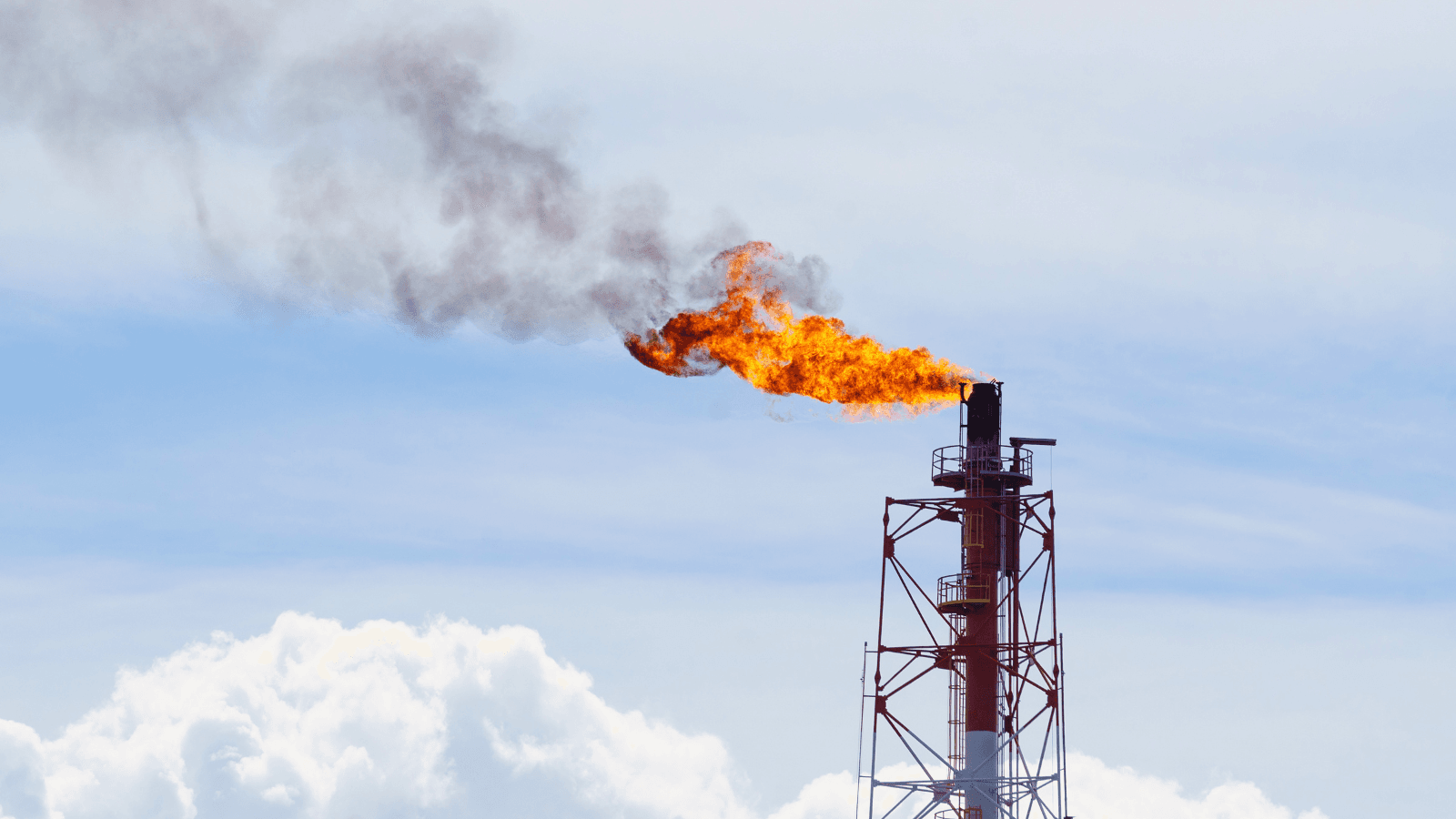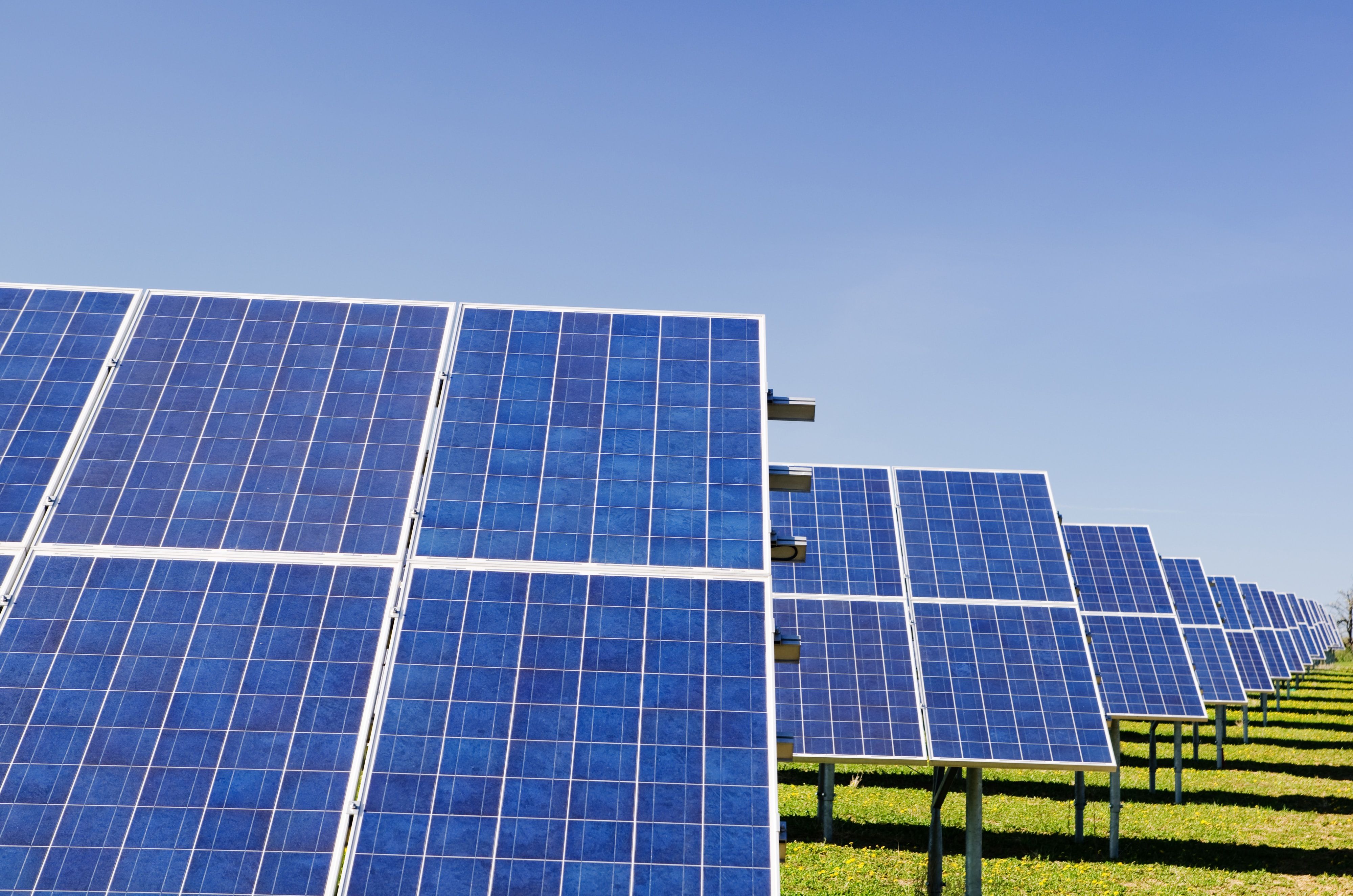
The following is the written testimony of YECA Communications Director Lindsay Easter from the EPA Oil and Gas Public Hearing held on December 1, 2021:
"Hello and thank you for the opportunity to speak today.
My name is Lindsay Easter. I am the Communications Director for the Evangelical Environmental Network and Young Evangelicals for Climate Action, and I live in Littleton, Colorado.
At EEN and YECA, our Christian faith guides everything we do. We believe that reducing harmful methane pollution and ensuring cleaner air, along with creating a safe and healthy climate for everyone, is a critical way of following one of the Bible’s greatest commandments: to love our neighbors.
As a potent and dangerous greenhouse gas that is 80 times more powerful than carbon dioxide over twenty years, methane pollution has serious implications for the climate crisis. In my home state of Colorado alone, I have watched climate-fueled wildfires destroy some of wilderness areas I most cherish and fill our summer air with smoke, all while exacerbated drought conditions threaten many aspects of our economy. The consequences we see now will only increase in severity if we do not immediately act to reduce emissions, and the recent Global Methane Assessment released by the United Nations Environment Programme finds that cutting methane emissions is the quickest way to slow global warming in the near-term over the next 25 years.
In addition to the consequences of climate change, methane pollution also has dire impacts on public health. The consensus of medical and scientific literature is clear: living near a methane extraction or production site is dangerous to the health of both children and adults, with higher risks of heart failure and asthma, as well as the exposure to known carcinogens. Even unborn children are at an increased risk of low birth weight and birth defects. Currently, 2.9 million children attend a school located within with 0.5 miles of an oil/gas facility and 12.6 million Americans households are also within that radius. In Weld County here in Colorado—the county in which I grew up and where many of my friends and family members still live—over 150,000 people face this hazard along with heightened risks of cancer.
Reducing methane gas pollution and its many negative effects is beyond what one person, company, or community can do. To make much-needed progress, we must all work together, including the federal government and the EPA, living up to its mission to “Protect Human Health and the Environment.”
I am thankful for the EPA’s proposed rules that will defend public health and pave the way for a safer climate. I am especially thankful that the new proposed standards are based on methane emissions rather than the amount of oil and gas produced. Recent studies show that many smaller leak-prone wells have disproportionately high emission rates of methane and associated gases. Under the new emission-based rule, these methane super-emitters will no longer slip through the cracks.
Combined, the two standards will save $6.6 - $9.2 billion in avoided health costs and loss of life. While this indeed is good news, the proposed standards in the rule would be strengthened by incorporating the following actions:
Implementing a ban on routine flaring except in emergency situations.
Implementing annual inspection for sites below 2 tons per year (tpy) of methane emissions.
Requiring a time limit to replace all pneumatic valves and actuators.
Developing a process for the incorporation of monitoring data from third parties.
Instituting quarterly inspections via Leak Detection and Repair procedures of all wells with 2 tons per year (tpy) or greater of methane emissions.
The health and climate impacts of methane pollution require proper accountability for the companies failing to protect the communities in which they operate. It is time for us all to care for our neighbors by implementing strong, comprehensive methane standards for new and existing sources.
Thank you for your time!"
Join with YECA in speaking out and submit your own comment to the EPA here.

